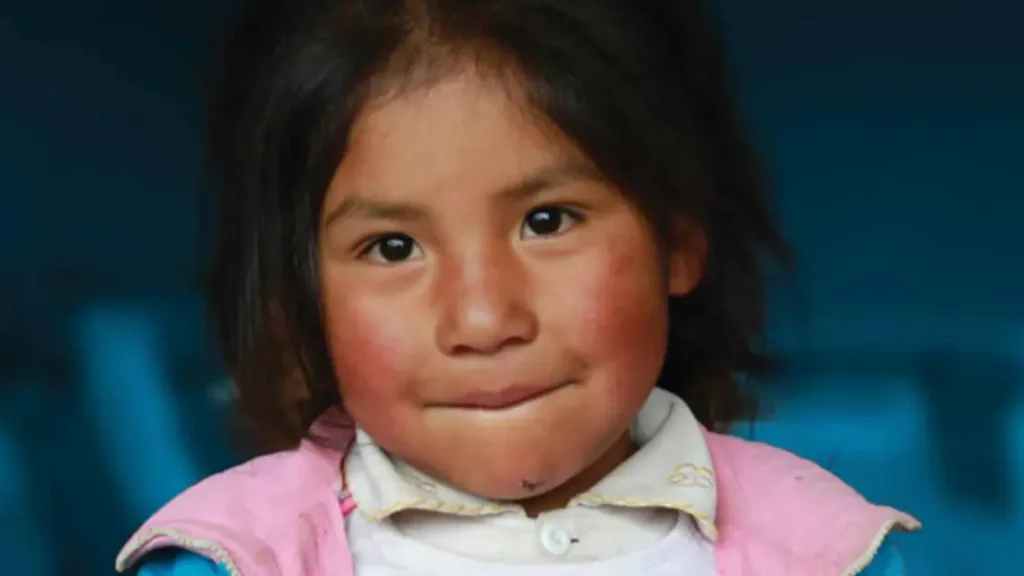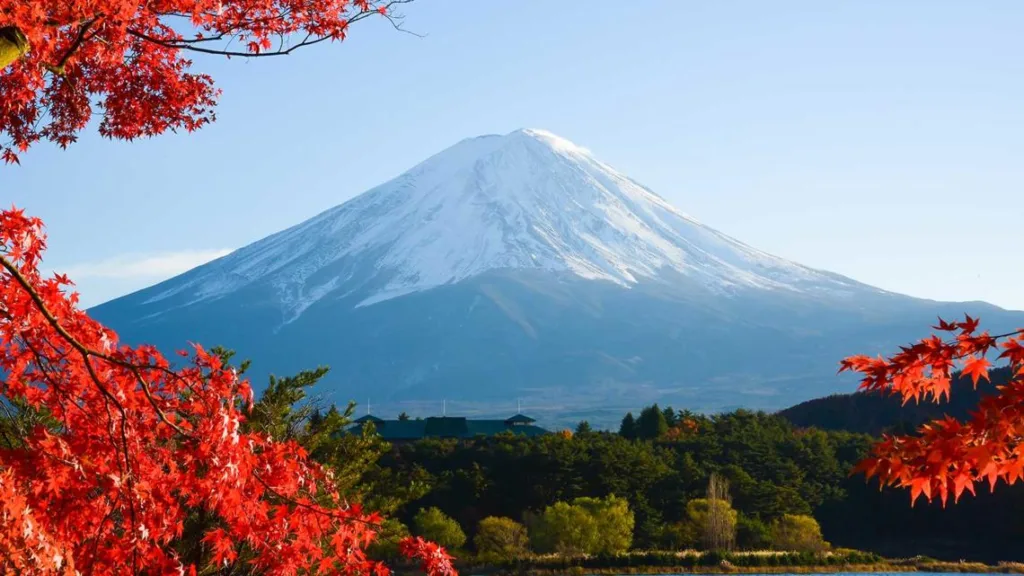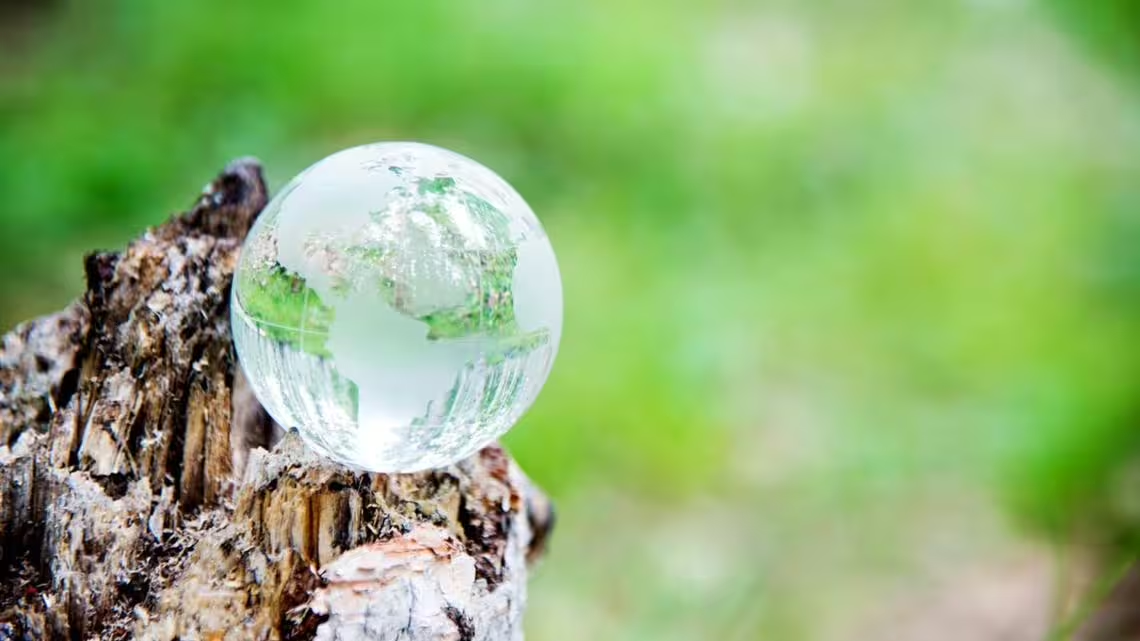Call to action from the Planetary Emergency Partnership: emerging from the planetary emergency and partnering between people and nature
This open letter, signed by WBCSD’s Managing Director Food & Nature Diane Holdorf, was originally published on 26 March 2020 by the Club of Rome.
It is time to harness our fears, build hope and drive action to respond to the human health, economic, climate and biodiversity crisis with solutions that build resilient societies on the longer term.
The world has been plunged into an extraordinary crisis. We share a deep concern for the human cost that the virus has already inflicted and express a profound sense of solidarity with the most vulnerable communities as the pandemic continues to spread around the world. The threat requires fast and strong responses and we fully support the emergency measures needed to save as many lives as possible and address the devastating impacts on peoples’ livelihoods and security. This crisis is also demonstrating how much we depend on each other, as one humanity living on one planet, for our health systems, as well as for our food systems and supply chains.
It is important to acknowledge that the planet is facing a deeper and longer-term crisis, rooted in a number of interconnected global challenges. Emerging infectious diseases (EIDs) such as Ebola, bird flu, SARS and now coronavirus (COVID-19) cause large-scale deaths, disease and economic damage, disrupting trade and travel networks. About 70% of these diseases originate in animals (mainly wildlife). Their emergence results from human activities such as deforestation, expansion of agricultural land and increased hunting and trading of wildlife, activities that can also contribute to biodiversity loss. Many pathogens remain to be discovered so the diseases we know about are only the tip of the iceberg. Like Covid-19, climate change, biodiversity loss, and financial collapse do not observe national or even physical borders. These problems can be managed only through collective action that starts long before they become full-blown crises and must be acted upon not as singular threats but as a potential series of shocks.
Covid-19 has shown us that overnight transformational change is possible. A different world, a different economy is suddenly dawning. This is an unprecedented opportunity to move away from unmitigated growth at all costs and the old fossil fuel economy, and deliver a lasting balance between people, prosperity and our planetary boundaries.
How leaders decide to stimulate the economy in response to the corona crisis will either amplify global threats or mitigate them, so they need to choose wisely. The risk is making nearsighted decisions that increase emissions and continue to degrade nature in the long term. On the other hand, there is an opportunity to champion solutions that not only rebuild lives and spur economic activity in the immediate wake of the crisis, but also accelerate the transition to resilient, low-carbon economies and nature-rich societies.
We know what the solutions are: investing in renewable energy instead of fossil fuels; investing in nature and reforestation; investing in sustainable food systems and regenerative agriculture; and, shifting to a more local, circular and low carbon economy. These positive actions can also be a much-needed source of collective hope and optimism for life regeneration in these uncertain times.
We call on leaders to have the courage, wisdom and foresight to seize the opportunity to make their economic recovery plans truly transformative by investing in people, nature and low carbon development. In so doing, they will help secure a path to net zero emissions by 2050, improve global health, rebuild our relationship with nature, rethink how we use land and transform our food systems. The recovery packages should not be designed as free tickets, but rather include some strong economic incentives and conditions for companies and industries to shift to a low carbon circular business model, and invest in nature and people. Now is the moment to phase out fossil fuels.
It is equally important that climate and biodiversity stay at the top of the agenda in 2020 and beyond, and that leaders leverage every opportunity to keep up momentum on these fronts. Every effort must be made to ensure that the global efforts under the United Nations (UN General Assembly Nature Summit, UN Framework Convention on Climate Change, UN Convention on Biological Diversity) are still progressing. We must remember that countries are stronger working together, and international cooperation is the best option to resolve future existential threats.
This is the moment for all of us to rise to the challenge of collaborative leadership and work together to find pathways to emerge from this emergency with a global economic reset. People and nature must be at the center of this deep transformation for redistribution, regeneration and restoration. Prosperity for people and the planet is possible only if we make bold decisions today so that future generations can survive and thrive in a better world.
List of first signatories:
- Carlos Manuel Rodriguez, Minister of Environment, Costa Rica
- Sandrine Dixson-Declève, Co-President of The Club of Rome, Belgium
- Elise Buckle, President and Director of Climate & Sustainability
- Ricken Patel, Founder and CEO, Avaaz
- Nigel Purvis, Founding President and CEO of Climate Advisors
- Lucy Almond, Advisory Board Member of Climate & Sustainability, UK
- James Lloyd, Founding Director, Project Conscience
- Johan Rockström, Director of the Potsdam Institute, Germany
- Hunter Lovins, Co-Founder of the Rocky Mountain Institute, US
- The Most Rev Dr Antje Jackelén, Archbishop of the Church of Sweden
- Vandana Shiva, Right Livelihood Award recipient, founder of Navdanya, board member for Regeneration International
- Christiana Figueres, Co-author of the Future we choose, Former Executive Secretary of the UNFCCC
- Irene Suarez Perez, Board Member Quantum Leap, Costa Rica
- Jennifer Morgan – Executive Director – Greenpeace International
- Marie-Claire Graf, United Nations Climate Youth Champion, Switzerland
- May Boeve, Executive Director, 350.org
- Jules Kortenhorst, CEO, Rocky Mountain Institute
- Rachel Kyte, Dean Fletcher School of Kaw and Diplomacy, Tufts University, Medford, USA
- Anthony Hobley, Executive Director Mission Possible, World Economic Forum
- Diane Holdorf, Managing Director Food & Nature, WBCSD
- Kirsten Dunlop, CEO, Climate-KIC, The Netherlands
- Peter Fröhlich, CEO and Founder, AgriCircle AG
- Dr. Maja Göpel, Secretary General, German Advisory Council Global Change
- Hans Joachim Schellnhuber, Director Emeritus of the Potsdam Institute for Climate Impact Research, Member of the Club of Rome, Germany
- Mathis Wackernagel, Founder and President, Global Footprint Network, US
- Martin Frick, Senior Director, UNFCCC, Germany
- Shyla Raghav, VP of Climate Change, Conservation International
- Lin Li, Director, Global Policy and Advocacy, WWF International
- Gavin Edwards, Global Coordinator New Deal for Nature & People, WWF International
- Dr Renard Siew, Climate Change Advisor Centre for Governance and Political Studies
- Andrew Harper, Special Advisor on Climate Action, UNHCR
- Elizabeth May, O.C., Member of Parliament for Saanich-Gulf Islands, former leader Green Party of Canada
- Anders Wijkman, Chairman Climate-KIC, Honorary President Club of Rome, Sweden
- Florence Jeantet, Managing Director, One Planet Business for Biodiversity (OP2B)
- …
Find the full list of signatories and show your support for the call to action by providing your details on the Club of Rome website.
Related
Content

Measuring and monitoring food waste for healthy people and a healthy planet
28 October, 2019

Working together to deliver healthy people and a healthy planet
15 October, 2019

Businesses getting ready for the Tokyo 2020 Nutrition for Growth (N4G) Summit
22 July, 2019
